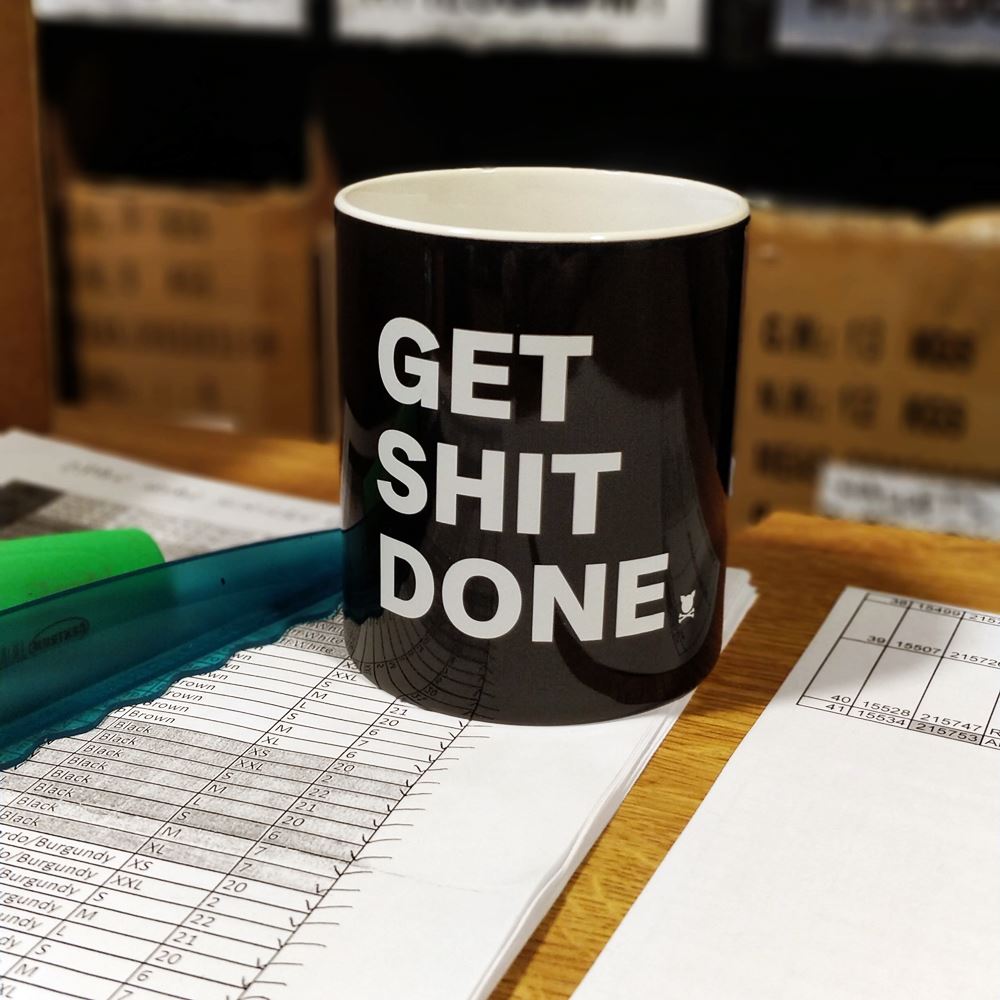How to use the power of an accountability group
 One of the habits that made a huge difference in my life in recent months has been having a monthly accountability meeting. I do this with two long-time friends, whom I also respect and trust as professionals.
One of the habits that made a huge difference in my life in recent months has been having a monthly accountability meeting. I do this with two long-time friends, whom I also respect and trust as professionals.
We meet periodically and we go through each other’s achievements from the previous month, what we plan to focus on in the upcoming month and what challenges we face. We hold ourselves accountable and make sure we don’t fall off the track.
It’s easy to get caught up in day-to-day stuff and lose sight of what matters over the long term! These recurring meetups give us the place and time to properly reflect on what we do and obtain feedback.
It also serves as an honest conversation with myself. It forces me to ask myself why I didn’t do certain things, what got in the way, and how to avoid that from happening again.
Here’s how it works:
We meet every first Wednesday evening of the month – it’s also the day when our city tests the alarm systems, so we used that as an anchor to set the date. Because we don’t need to make any extra decisions, we avoid the ping-pong of synchronizing our calendars and we made it easier to turn the accountability dinner into a routine. No matter what else is going on in our life, we know not to schedule anything on that day. The few exceptions when we had to move the meeting the following evening, were caused by events that were scheduled half a year in advance or only happen once per year, so they’re clearly important enough and can’t be rescheduled.
During that dinner, each one of us walks the others through four main points:
- 1. What went well in the past month, since our last meetup, and what we’ve accomplished. It’s important to properly celebrate the small wins and milestones, and not just look towards what’s next, otherwise we’ll lose motivation. Before these accountability meetings, I’m always under the impression that I didn’t do anything important during that month – but when I do take my time to zoom out, I realize that I’m mistaken and it’s actually been a full month. This kind of perspective is a great way to suppress impostor syndrome!
- 2. What didn’t go so well: what we learned, what we need to change or what we’ll do to prevent ourselves from falling into the same traps or making the same mistakes
- 3. The main things we need to do in the upcoming month: what we plan to focus on. We define our goals, what success will look like, important things that will make a difference over the long term.
- 4. How we can help each other, any useful tips we might have (it’s highly likely that one of us has been before in the same situation and faced similar challenges), intros and access to other people, but also blind spots or anything that we might be missing. I encourage them to pitch against what I’m planning and help me form a better idea of what might go wrong – and viceversa, of course.
Here’s just one example from our last accountability meeting: last month, we all made the mistake of taking too much on our plate, over-scheduling. We were feeling overwhelmed, on the edge of burnout, so this month it’s all about retreating, regrouping, and saying no.
We write all these things down, cause we have the memory span of a goldfish 😀 (there’s just too much information and stress in our lives to count anymore on memorizing every detail).
This is a great way to seek out dissenting opinions or blind spots. I trust my friends and I want them to disagree with me, to play the devil’s advocate. This is similar to what Ray Dalio’s saying in Principles, one of the best management and leadership books. Dalio, who’s the founder of Bridgewater Associates, the largest hedge fund in the world, recommends building a habit of testing alternative perspectives every time you need to make a decision. He’s deliberately looking to have thoughtful disagreements with other people, but not with the purpose of convincing them that he’s right (he doesn’t care about who’s right or wrong). His true motivation is a genuine fear of missing important perspectives.
Professional poker player Annie Duke ways saying something similar in “Thinking in Bets“: “There is no sin in finding out there is evidence that contradicts what we believe. The only sin is in not using that evidence as objectively as possible to refine that belief going forward.”
I was recently going through Reid Hoffman’s latest book, “Blitzscaling“, where he talks about how to quickly grow a startup. Hoffman‘s the co-founder of Linkedin, an investor, and before that he was PayPal’s Executive VP – obviously he has lots of experience and behind the scenes insights from the biggest entrepreneurs in the world. At some point in the book, he mentioned he has a similar routine with Brian Chesky, the co-founder and CEO of Airbnb. Every month, they schedule a dinner where they share what they’ve learned and provide feedback. Hoffman says that “Leveraging a board like this can help you manage risks and increase the potential upside of your actions.”
Have you ever tried something similar to an accountability group? What was the system you used? And how did it go?
p.s. the mug in the photo above was a gift from PORC and serves as a reminder to get shit done – all day, every day!